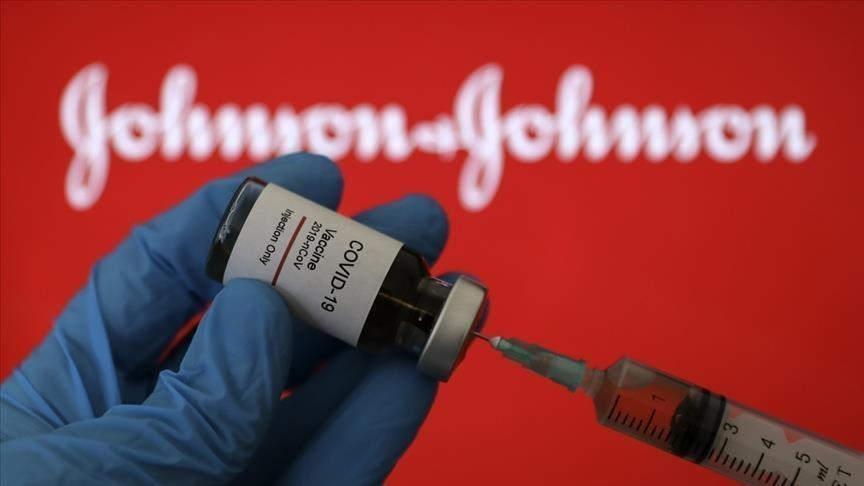After many weeks of halting vaccinations, Ghana has restarted the mass vaccination exercise of its population with the Johnson & Johnson COVID-19 vaccine, effective August 13.
Ghana recently took delivery of 177,600 doses of the Johnson & Johnson vaccine as part of the African Vaccine Acquisition Trust mechanism established by the African Union with support from the African EXIM Bank, the Africa CDC and the World Bank.
“Like any medicine, vaccines can cause mild side effects, such as a low-grade fever, or pain or redness at the injection site. Mild reactions go away within a few days on their own,” the World Health Organization(WHO) has said.
According to the health agency leading the fight against COVID-19 – Ghana Health Service(GHS), all persons 18 years and above are eligible for the vaccine except for pregnant women. Meanwhile, people who have received AstraZeneca and Sputnik V vaccines are advised not to go for the Johnson & Johnson vaccine.
This factsheet will highlight some common side effects associated with the Johnson and Johnson COVID-19 vaccine.
Possible side-effects
The West African nation is currently experiencing a third wave of the COVID-19 pandemic and as at August 14, 2021, Ghana has 6,265 active cases, 945 deaths and 105,168 recoveries.
According to the WHO, “vaccination is safe and side effects from a vaccine are usually minor and temporary, such as a sore arm or mild fever. More serious side effects are possible but extremely rare”.
The Johnson & Johnson COVID-19 vaccine is a single-dose vaccine and according to the US CDC the following are possible side effects that recipients of the jab may experience:
In your arm where you got the shot, you may experience:
- Pain
- Redness
- Swelling
What you may experience in throughout your body after vaccination
- Tiredness
- Headache
- Muscle pain
- Chills
- Fever
- Nausea
WHO recommendation
The WHO Strategic Advisory Group of Experts (SAGE) on Immunisation has issued updated interim recommendations (June 25) for the use of the Janssen Ad26.CoV2.S vaccine against COVID-19.
The interim recommendations provided guidance on several issues including people advised not to take the vaccine.
They include;
- Individuals with a history of anaphylaxis should not take it.
- Anyone with a body temperature over 38.5ºC should postpone vaccination until they no longer have a fever.
- The vaccine is not recommended for persons younger than 18 years of age pending the results of further studies in that age group.
How efficacious is the vaccine?
According to the WHO, 28 days after inoculation Janssen Ad26.CoV2.S was found to have an efficacy of 85.4% against severe disease and 93.1 % against hospitalization.
A single dose of Janssen Ad26.COV2.S was found in clinical trials to have an efficacy of 66.9% against symptomatic moderate and severe SARS-CoV-2 infection.
The Janssen vaccine is considered safe and effective at protecting people from the extremely serious risks of COVID-19, including death, hospitalization and severe disease.





